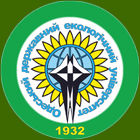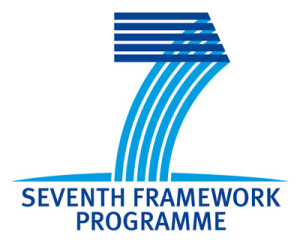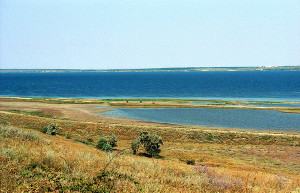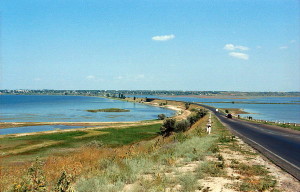FP7 – LAGOONS
Integrated water resources and coastal zone management in European lagoons in the context of climate change – LAGOONS (2011-2014)
This project is supported by the European Commission under the Environment (including climate change) Theme of the 7th Framework Programme for Research.
Objectives
The main and overall objectives of the LAGOONS project are to develop science-based strategies and decision support frameworks for the integrated management of lagoons, based on an increased understanding of land-sea processes and the science-policy-stakeholder interface. To this end, the project will seek to contribute to the EU Water Framework Directive, the Habitat Directive, the EU’s integrated coastal zone management (ICZM) Recommendation, and the EU Marine Strategy Directive.
Scientific methodology
Four case study lagoons have been selected to represent a set of “hotspot” coastal
lagoons with a wide and balanced geographical distribution and different characteristics. The lagoons included are: Vistula Lagoon in Baltic Sea (transboundary Poland/Russia); Tylygulskyi Lagoon in Black Sea (Ukraine); Ria de Aveiro Lagoon in Atlantic Ocean (Portugal), and Mar Menor in the Mediterranean Sea (Spain).
Partners
The University of Aveiro (UAVR, Portugal)
The Norwegian Institute for Agricultural and Environmental Research (Biosfork, Ås, Norway)
Institute of Hydroengineering of Polish Academy of Sciences (IBW PAN, Gdansk, Poland)
Atlantic Branch of P.P.Shirshov Institute of Oceanology of Russian Academy of Sciences (ABIORAS, Kaliningrad, Russia)
National Marine Fisheries Research Institute (The Sea Fisheries Institute, SFI, Gdynia, Poland)
University of Dundee (UNIVDUN, Dundee, Scotland, UK)
Odessa State Environmental University (OSENU, Ukraine)
The Potsdam Institute for Climate Impact Research (PIK, Germany)
The University of Murcia (UMU, Spain)
Web-sites:




